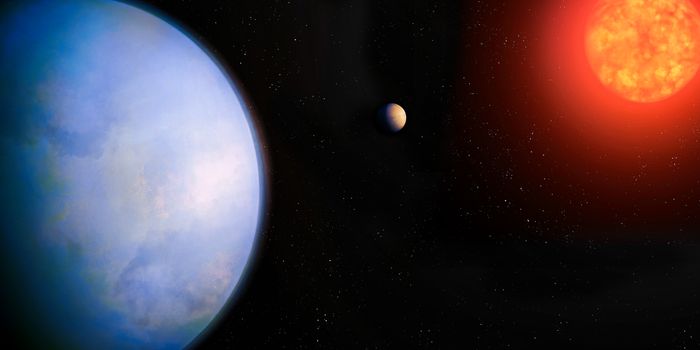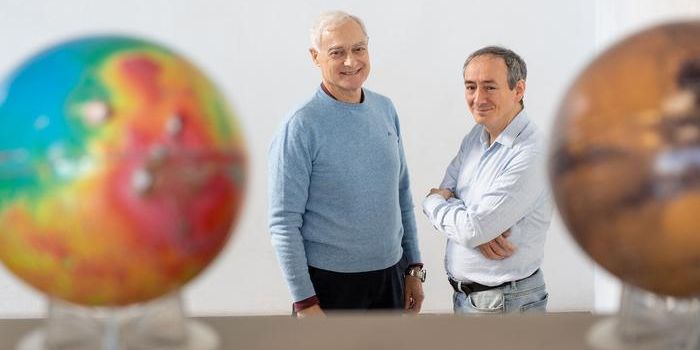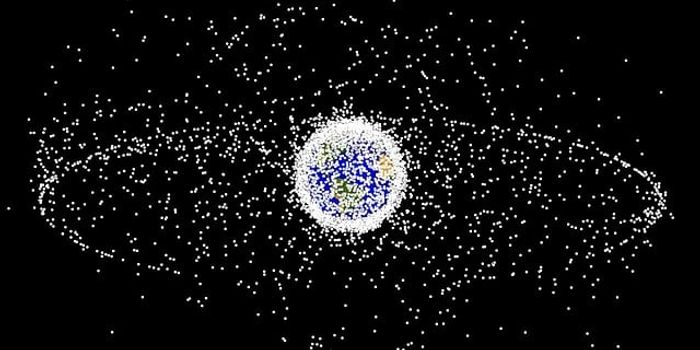The Science Behind 5G Internet and the Challenges That Remain
Cellular companies such as AT&T and Verizon are already rolling out 5G networks in limited regions around the United States, with Sprint and T-Mobile set to follow sometime this year. Charter and Comcast's Xfinity are also reported to use Verizon's network for their 5G plans. But what’s all the hubbub about 5G cellular networks, and is it worth all the hype?
The good news is that 5G promises to be up to 10 times faster than 4G LTE, the current cellular data standard. This means that you could download a movie from Netflix in as little as 30 seconds as opposed to five minutes or more. But as you might come to expect, deploying such an advanced cellular network is no easy task, and several roadblocks remain.
5G internet has a very different radio frequency than 4G LTE, which means carriers will need to upgrade most of their backbone to make it happen. This will be a costly procedure, and carriers are still working out how they’ll build the vast number of cellular towers and data access points necessary for a properly-functioning 5G network.
Unlike a 4G LTE signal, which can travel nearly 10 miles, the 5G signal is only rated for about 1,000 feet. This means carriers will need to build many more towers, and perhaps load the streets up with cellular access points to ensure a seamless connection. As you might come to expect, governments have some resistance to this idea, as cellular towers aren’t that pretty.
There’s also a bit of concern that 5G radiation may impose increased health risks, including cancer, and while the FCC doesn’t think this will be a problem, they admit that more research is needed to come to a sound conclusion.
5G is essentially in its beta stages at the time of this writing and has only been rolled out to a small subset of cities with a very limited number of supported devices on the market. That said, the technology is expected to mature as time goes on, and this implies more supported devices and rollouts to additional cities.








